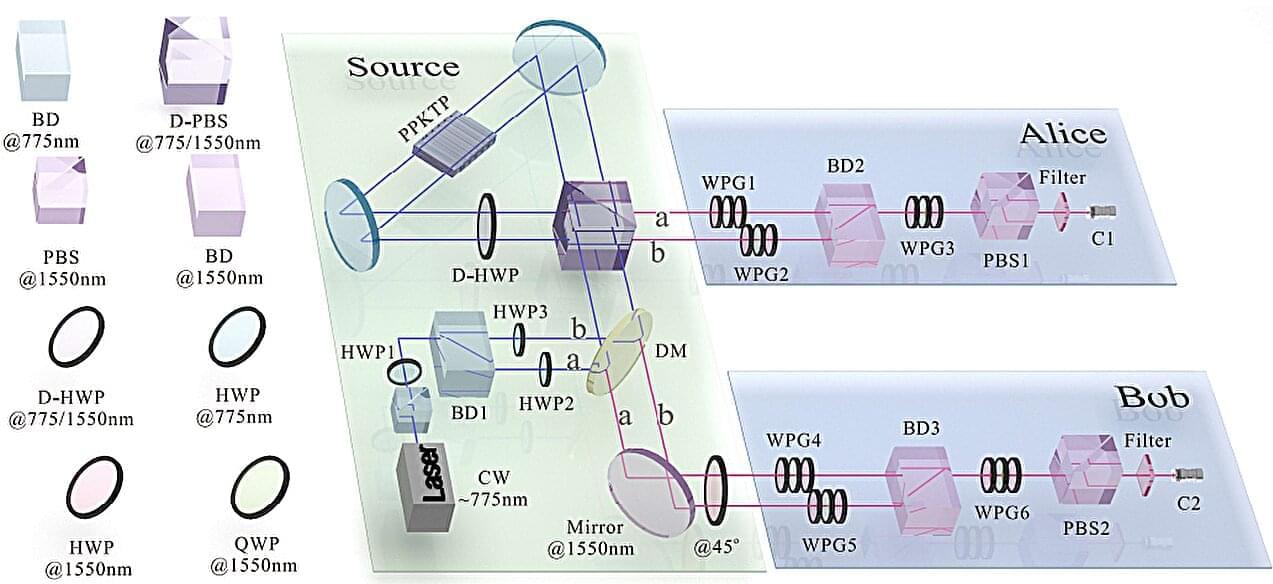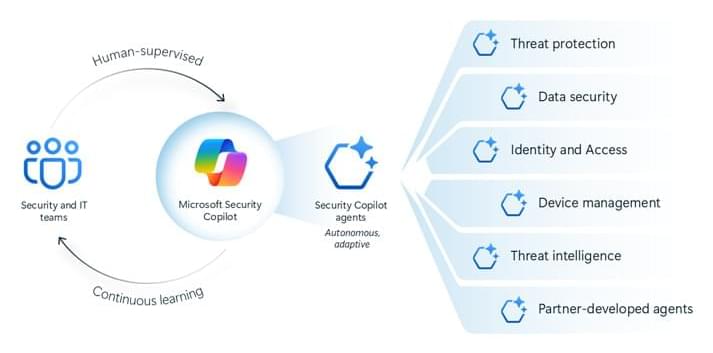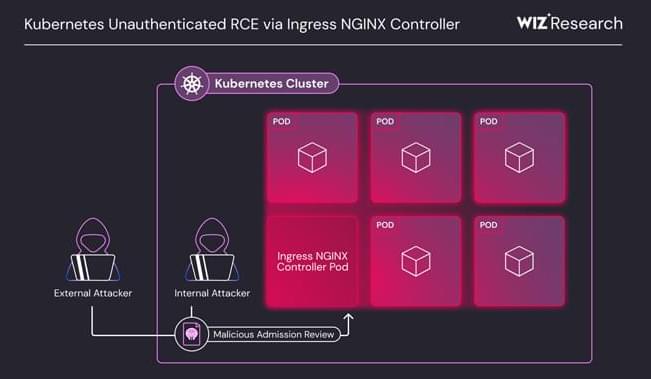AI agents need two things to succeed in this space: infinite scalability and the ability to connect agents from different blockchains. Without the former, agents do not have infrastructure with sufficient capacity to transact. Without the latter, agents would be off on their own island blockchains, unable to truly connect with each other. As agent actions become more complex on chain, more of their data will also have to live on the ledger, making optimizing for both of these factors important right now.
Because of all of this, I believe the next frontier of AI agents on blockchains is in gaming, where their training in immersive worlds will inevitably lead to more agentic behavior crossing over to non-gaming consumer spaces.
If the future of autonomous consumer AI agents sounds scary, it is because we have not yet had a way to independently verify LLM training models or the actions of AI agents so far. Blockchain provides the necessary transparency and transaction security so that this inevitable phenomenon can operate on safer rails. I believe the final home for these AI agents will be Web3.








